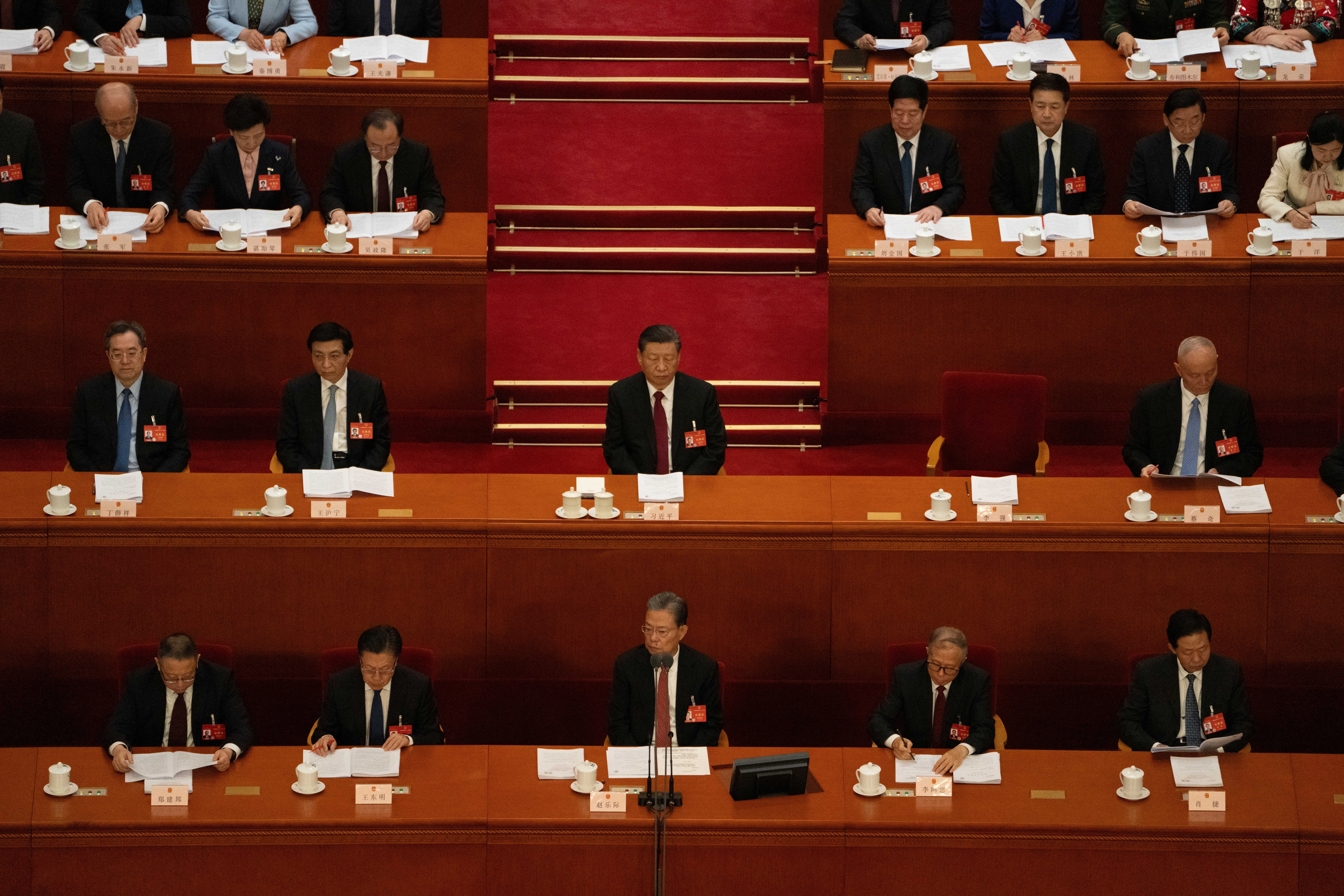A High Court judge has ruled that the Royal College of Nurses (RCN) must cut their planned strike action at NHS workplaces across England short by a day. The strike will now conclude at midnight on May 1 instead of the originally planned 8 p.m. on May 2. The decision comes after this Conservative government requested the High Court evaluate if the last day of the planned action, set to begin on April 30, fell outside the RCN’s six-month mandate for strikes. The judge ultimately ruled in the government’s favour.
Disappointment and Resolve
Despite this setback, support for nursing staff remains strong, with many expressing their solidarity for the cause. RCN General Secretary and Chief Executive Pat Cullen shared her disappointment, stating that the “darkest day of this dispute” was when the government took its own nurses to court over their simple expectation for a better pay deal. Cullen emphasised that while nursing staff may be angered by the ruling, they won’t be defeated. The decision may even strengthen their resolve to vote in the re-ballot for a further six months of strike action.
The darkest day of this dispute is the government taking its own nurses to court over their simple expectation for a better pay deal.”
Pat Cullen, RCN General Secretary and Chief Executive
Although this government has won the legal battle, it has lost the support of nursing staff and the public. The legal action against the most trusted profession has only served to further tarnish the reputation of the least trusted individuals (politicians). This court action has cast a shadow of shame over this government, which has transitioned from applauding our healthcare heroes during the height of the pandemic to taking them to court over their demands for fair pay.
The Cost of Legal Victories
A government that resorts to legal action and technicalities to halt a dispute has arguably already lost, not only in the court of public opinion but also in the trust of the people they serve. By employing legal manoeuvres to suppress the legitimate concerns of dedicated nursing staff, the Tories demonstrate a failure to engage in meaningful dialogue and to negotiate a fair resolution. This approach undermines the spirit of collaboration and respect that should be at the heart of public service. Instead of fostering goodwill and unity, this government’s actions have only deepened divisions and reinforced the belief that they are unwilling to adequately address the challenges faced by our essential healthcare workers and in turn pay them a wage to mitigate this cost of living crisis.
A government that resorts to legal action and technicalities to halt a dispute has arguably already lost, not only in the court of public opinion but also in the trust of the people they serve.
This Conservative government’s continual reliance on legislation and the courts to crush the working class demonstrates that they do not understand the cost of living crisis and the strain it is putting on key workers. The government has repeatedly shown itself to be hostile to the working class, from its cuts to public services to its attacks on trade unions. In recent months, the government has also taken steps to make it harder for workers to strike and for employers to fire them.
These measures are all designed to make it harder for workers to fight for their rights and to improve their pay and conditions. They are also a direct attack on the living standards of millions of people who are already struggling to make ends meet. The cost of living crisis is having a devastating impact on the working class. Energy bills are soaring, food prices are rising, and rents are increasing. This is making it harder for people to afford to heat their homes, put food on the table, and pay their rent.
The cost of living crisis is particularly hard on key workers. They are the people who keep our country running, from those in the care sector and teachers to firefighters and council workers. They are some of our lower paid workers and have to work long hours. The government’s policies are making it harder for key workers to make ends meet. They are also making it harder for them to take action to improve their pay and conditions. This government’s actions show that they do not understand the cost of living crisis and the strain it is putting on key workers. They need to take urgent action to help people who are struggling and to protect the rights of workers.
This government’s actions show that they do not understand the cost of living crisis and the strain it is putting on key workers. They need to take urgent action to help people who are struggling and to protect the rights of workers.
Strike Continues as Planned
The High Court ruling does not affect the strike action planned for April 30 and May 1. This action will continue as scheduled, starting at 8 p.m. (or the beginning of the night shift) on Sunday, April 30, and ending at midnight on Monday, May 1. The RCN encourages all members working at an NHS employer with a mandate to strike to participate and inform their employer of their intention to strike.
The RCN is working with employers to ensure a robust escalation process that guarantees safety-critical mitigations throughout the strike, should they be required. Visit the RCN strike hub to find information on affected NHS workplaces, picket line locations, and how to claim strike benefits. Strike benefit has been increased to £80 per day of action from April 30, with a further increase to £120 from the fourth day of action taken by any RCN member.
Art Book Review Books Capitalism China Climate Emergency Conservative Government Conservative Party COVID-19 Creeping Fascism Economics EcoSocialism Elections Europe Event Video Far-Right Fascism Film Film Review France Gaza Global Police State History Imperialism Israel Italy Keir Starmer Labour Party London Long Read Marxism Marxist Theory Migrants NATO Palestine pandemic Protest Russia Solidarity Statement Trade Unionism Trans*Mission Ukraine United States of America War
Latest articles
- France after the elections: How should the radical left act?In the wake of the National Assembly’s dissolution and new parliamentary configuration, La France Insoumise (LFI) should adopt a clear stance of radical opposition, emphasizing its commitment to anticapitalist principles and democratic reforms while avoiding any compromise with the existing government unless it secures absolute majority support from the populace, argues Gilbert Achcar.
- Why Socialists Oppose the Two‑Child Welfare CapIn this article, Simon Hannah explores why socialists vehemently oppose the government’s two-child welfare cap, arguing that it stems from austerity measures and reactionary views on the poor.
- Hands off Trans KidsA pamphlet from Anti*Capitalist Resistance.
- Two Child Benefit RevoltDave Kellaway responds to the revolt by Labour MPs and others to the Labour government keeping the Tories’ hated two child benefit cap.
- The beginning of the end of China’s rise?This is the second interview in a two-part series. The first interview (“Opposing US militarisation in the Asia-Pacific should not mean remaining silent on China’s emerging imperialism“) covered the nature of China’s state, its status in the world today, and implications for peace and solidarity activism.






